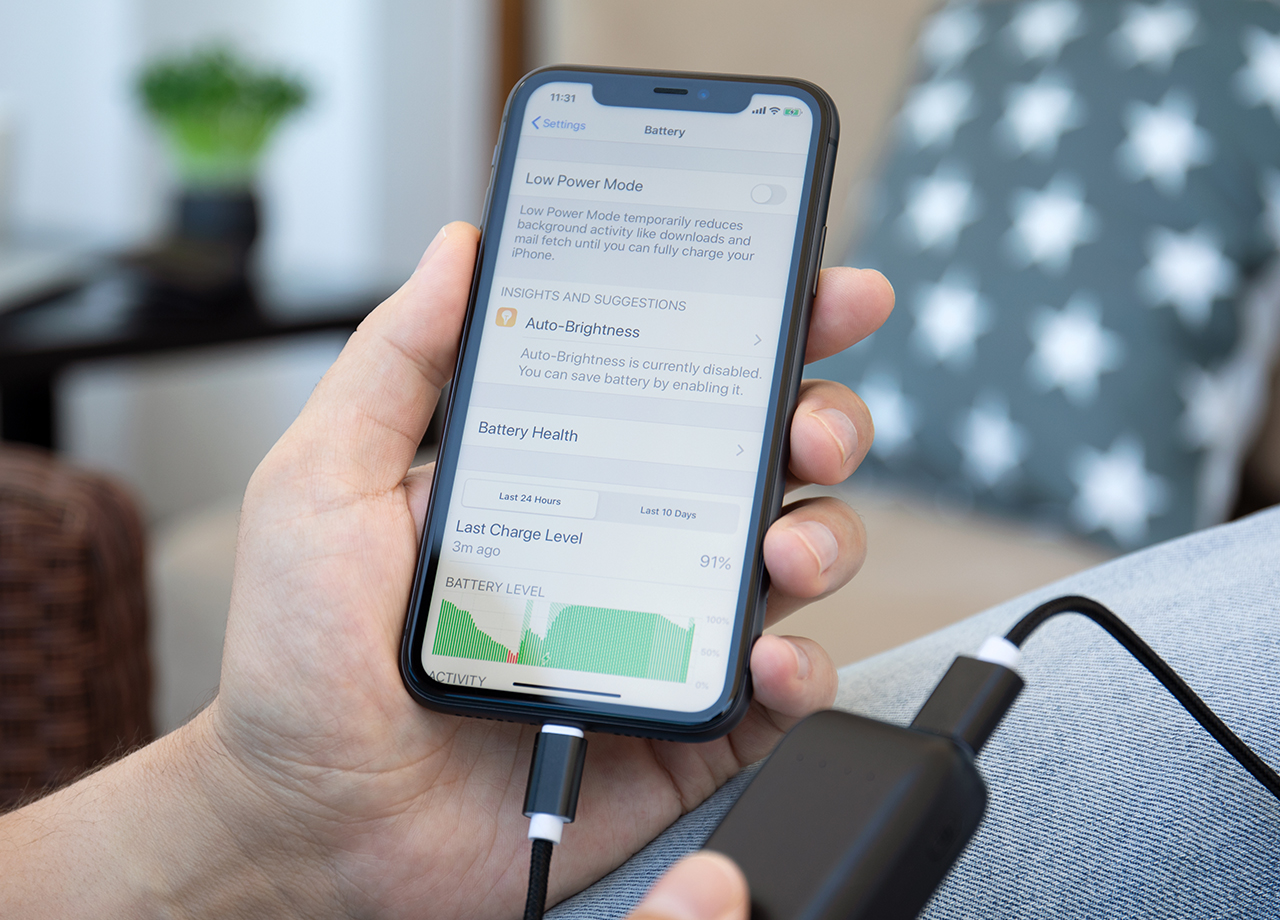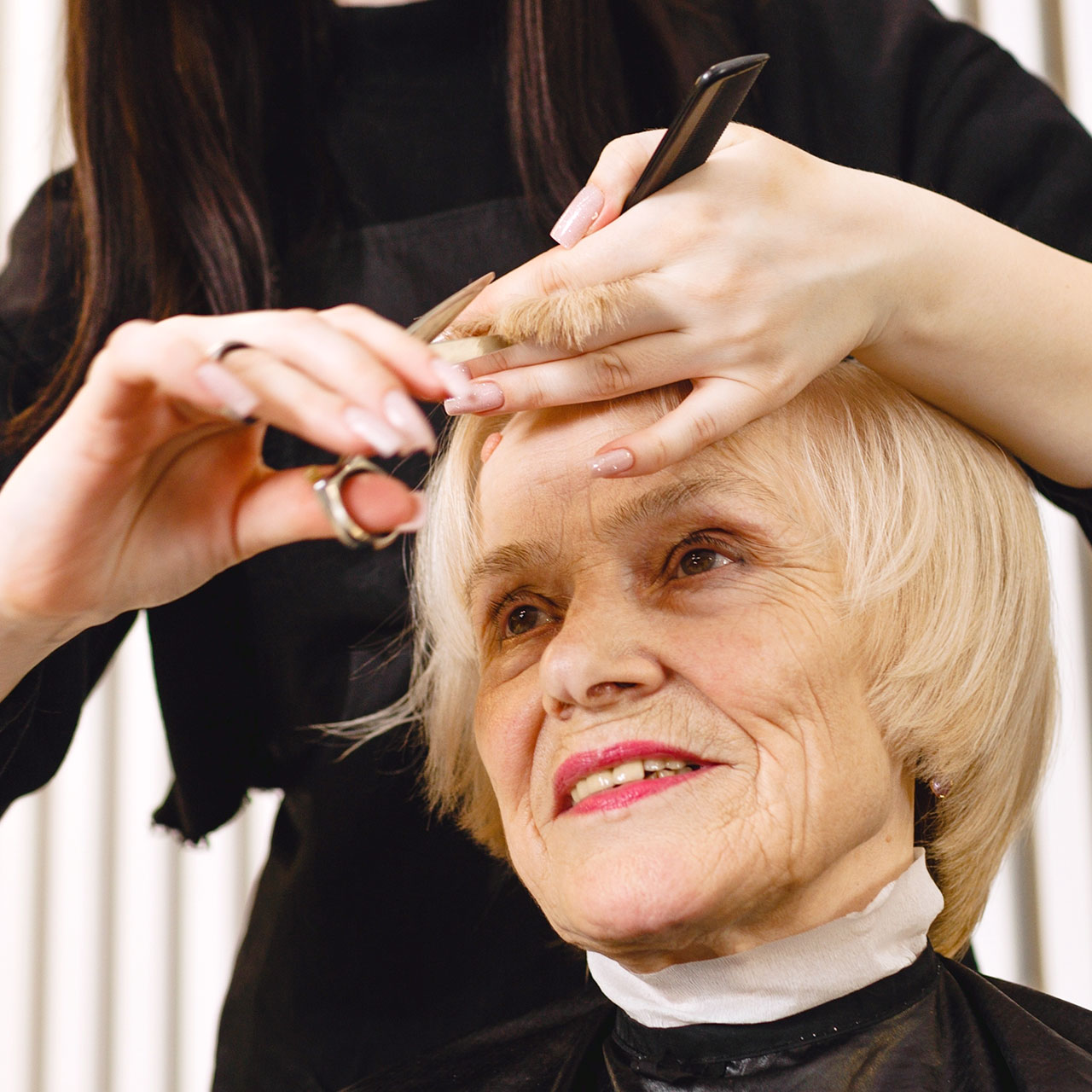This is an archived article and the information in the story may be outdated. Please check the time stamp on the story to see when it was updated last.
Mobile payment services are fast, convenient, and eliminate the need to leave your house and find a bank or ATM. You can receive and send monetary transactions and, with so many people using these services, utilizing them has become second nature for many of us. But how safe and secure are they? This is what security experts have to say about Venmo, Zelle, and PayPal (and whether you should delete any of them).

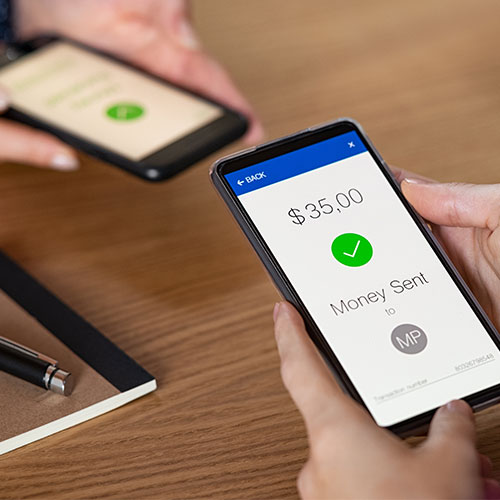
All mobile payment services have risks associated with them, according to Laura Fuentes, operator of Infinity Dish, and it’s up to the mobile user to make sure their device is locked and out of harm's way. “We carry a ton of personal information on our phones these days, and if unlocked, Venmo, Zelle, and PayPal can all be accessed without consent,” Fuentes says.
With that said, there is a system that stands out for Fuentes as one to be cautious about.

“Venmo accounts remain logged in even when the app is closed, presenting a major security concern for any user,” Fuentes says. “PayPal and Zelle can both be accessed easily if passwords are saved to your device - both in app and browser form. It’s unsettling to know that if your device is somehow unlocked by a hacker or thief, your personal information is up for grabs and your mobile payment accounts are at risk.”
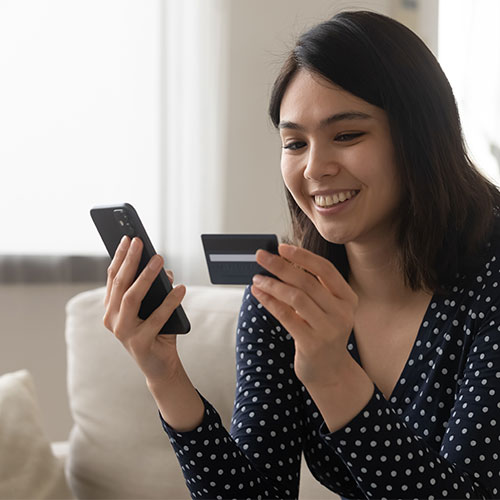
If you’re wondering which system is deemed secure by security experts, the more established PayPal rises to the top of the list. “The PayPal site is extremely secure. Industry-leading technology (SSL) is used to keep each and every piece of information safe,” says Michael Robinson, Security Expert of Cheap SSL Security. “Your confidential information is encrypted automatically by PayPal; when in transit from your computer to the PayPal server. Secure Sockets Layer protocol (SSL) comprising of an encryption key length (128-bits) is employed in the technology.”
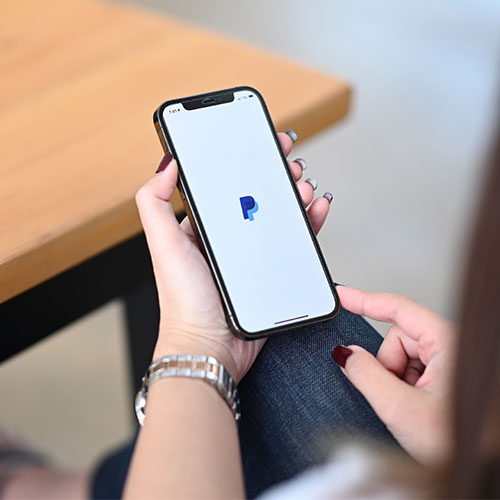
Prior to even registering or logging in to the PayPal site, the PayPal server checks and verifies that you’re using an approved browser(SSL 3.0 or higher), according to Robinson. “As soon as your information reaches the PayPal site, it automatically resides on a heavily guarded electronic server,” Robinson says. “Being one of its unique kinds, PayPal servers sit behind an electronic firewall that is not openly connected to the internet. Hence, your private and confidential information is available only to approved computers.”
With all of that said, no matter which service you prefer, remember to protect your device by creating lengthy, complex passwords and using Face ID whenever possible.







